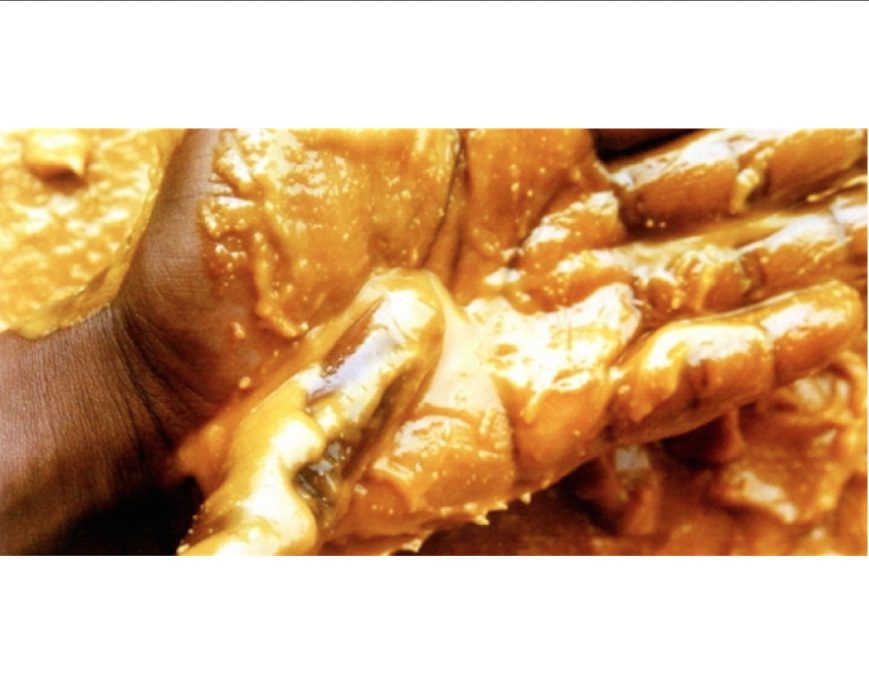Galpão at Sesc Pompeia, São Paulo, Brazil
29 Nov 2014

Artists Ayrson Heráclito, Rosângela Rennó, and curator Agustín Pérez Rubio will discuss the invisibility and marginalization imposed upon populations of African and indigenous descent by History and Art discourses—and their blatant, yet veiled social marginality.
The meeting “Renegade Histories: Memories of Indigenous and African Descent” will wrap up the public programs activities of the Unerasable Memories – A Historic Look at the Videobrasil Collection exhibition, curated by Pérez Rubio and held by Associação Cultural Videobrasil and Sesc São Paulo.
Curator Agustín Pérez Rubio comments on the echoes of colonization in contemporaneity, expounding on the cyclical neglect of indigenous peoples’ demands and modern-day racism, a leftover from the blemish of African slavery. “It is of vital importance that we also think of how the history of these conflicts is being viewed from the present, where everything seems distant and past, but in which issues of race, gender, slavery, borders, and wars keep on occurring,” the curator points out.
The exhibition features Barrueco, by Brazilian artist Ayrson Heráclito, a video made in 2004 in partnership with Danillo Barata. The piece recounts the history of African slave trafficking through a web of material, musical, pictorial and textual references. After taking part in the debate with Rennó and Pérez Rúbio, Heráclito will present the performance Batendo Amalá, the outcome of his research into the heritage and the historical, cultural, social and religious influences stemming from the arrival of Africans in Brazil. “Within the context of this exhibition, I hope the ritual will arouse a feeling that can provide some sort of cure to these ills that befell us. By approaching slavery through art, I yearn to quell the pains of this memory without hiding it. It is part of my goal as an artist to work through this pain through art—aestheticizing the wounds, living with them rather than forgetting,” says the artist who, in this performative action, make the “ajebó,” a ritual food prepared as a votive offering to Xangô, a candomblé divinity linked to Justice.
Following the debate, which will be open to the public, for the first time in São Paulo, Heráclito will enact his Batendo Amalá performance, inspired by African-based religion. Unerasable Memories will remain open at Sesc Pompeia’s Galpão only until the day after the meeting, November 30 (Sunday).
November 29, 2014, 4pm
Public programs meeting with artists Rosângela Rennó and Ayrson Heráclito and curator Agustín Pérez Rubio + ‘Batendo Amalá’ performance by Ayrson Heráclito
Unerasable Memories – A Historic Look at the Videobrasil Collection,
until November 30, 2014 at Sesc Pompeia, Rua Clelia, 93, São Paulo, Brazil